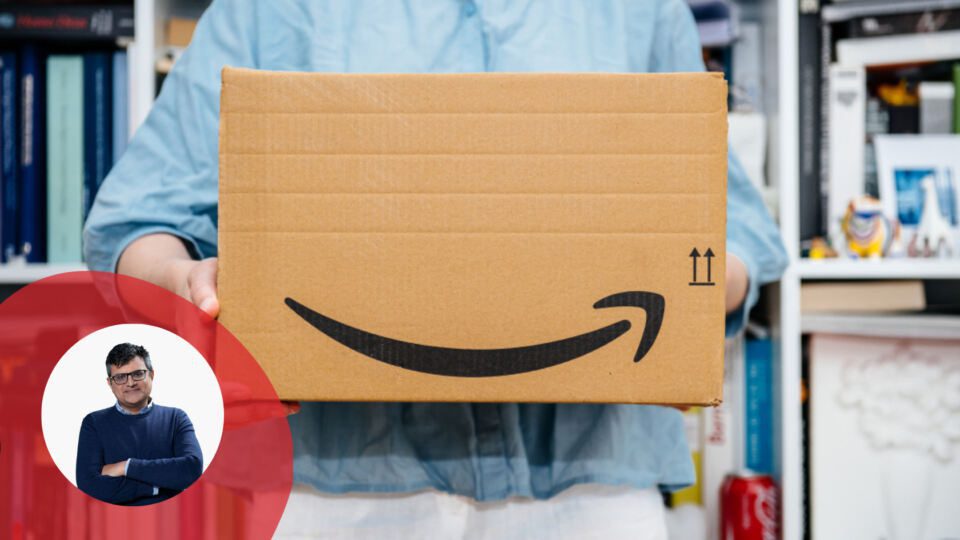What do you want to be when you grow up? If you’re a brand currently selling via FBA on Amazon, the answer is probably: a lot bigger. While running a company out of your living room can be a lot of fun initially, the end goal for most entrepreneurs is to build a well-established, well-recognized organization.
If you own a brand, you have plenty of options for growth. Selling your brand is probably the easiest and most popular route. If you have at least $500,000 in FBA revenue, a wealth of brand aggregators has raised more than $1 billion to buy you out.
That said, not everyone wants a quick exit. If you want to retain control over your business, you still have to think about scaling up. To do so, you can go at it alone, or partner with everything from self-service SaaS solutions to full e-managed service providers (often called “ecommerce accelerators”). The latter form partnerships with your brand and offer a full range of services, from marketing automation all the way through direct-to-consumer sales.
Regardless of the road you take, it’s important to recognize that growing a brand involves more than simply making and marketing fantastic products. There are at least five major tasks you’ll need to master in order to grow faster:
1. Build a strong brand. A study by Marketplace Pulse last year found that the average advertising cost of sale (ACOS) rose 36% year-over-year, which is a huge jump. Luckily, you don’t have to be average. Instead, you can reduce advertising costs by building a brand that people remember and, more importantly, search out when they are looking to buy. A solid brand foundation is the best way to gain revenue and accelerate growth in the long term.
2. A scalable supply chain. Supply chains are a serious but sometimes overlooked obstacle to growth. Already you may have trouble getting products to customers cost-efficiently, but those issues become far more costly at scale, and particularly as your business becomes sensitive to spikes around holidays and other shopping-heavy events. Scalability enables you to expand and contract your operations as needed for efficient growth and, ultimately, investment in activities that bring more customers to your door.
3. Scalable action and transaction data. If you want to compete on Amazon, data is the most valuable ally you can have, especially if you manage to close the loop between action data and transaction data. This allows you to understand the connection between the investments you make and the impact they have. Once you understand the value of your activities, you can do more of what’s working and abandon what isn’t, creating a flywheel effect that accelerates your growth.
4. Brand protection. Unfortunately, the marketplace nature of Amazon means that others can sometimes sell your products without your permission. You need to ensure that the experience people are getting from your brand is consistent and positive. Whether that is through partnerships with third parties or an aggressive effort on your own part to track and take down rogue sellers, brand protection is a tough task that you should not ignore.
5. Be where your customers are. This is a simple but often overlooked strategy. You need to place your brand in front of as many potential customers as you can. While it may seem like a no-brainer, most brands fail to devote enough energy and resources to the marketplaces where they sell, let alone expanding to new ones.
Competition may be heating up fast on Amazon.com, but brands still have plenty of room for growth if they’re willing to move their playbooks beyond what has worked for the last 10 years. Above all, they need to up their games in brand development, supply chains, data management and asset protection. These may not always be the most attractive or interesting parts of doing business, but they are critical areas that can unlock serious growth.
Raj Sapru is Chief Strategy Officer of Netrush. His focus is on long-term planning for the organization, connecting corporate strategy with execution. Before joining Netrush, Sapru spent his time consulting for leading global companies including GE, AT&T and Hitachi. His role is critical in supporting the processes that make Netrush a preeminent forward-thinking retailer for brands on Amazon.




